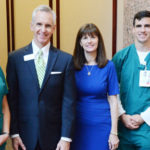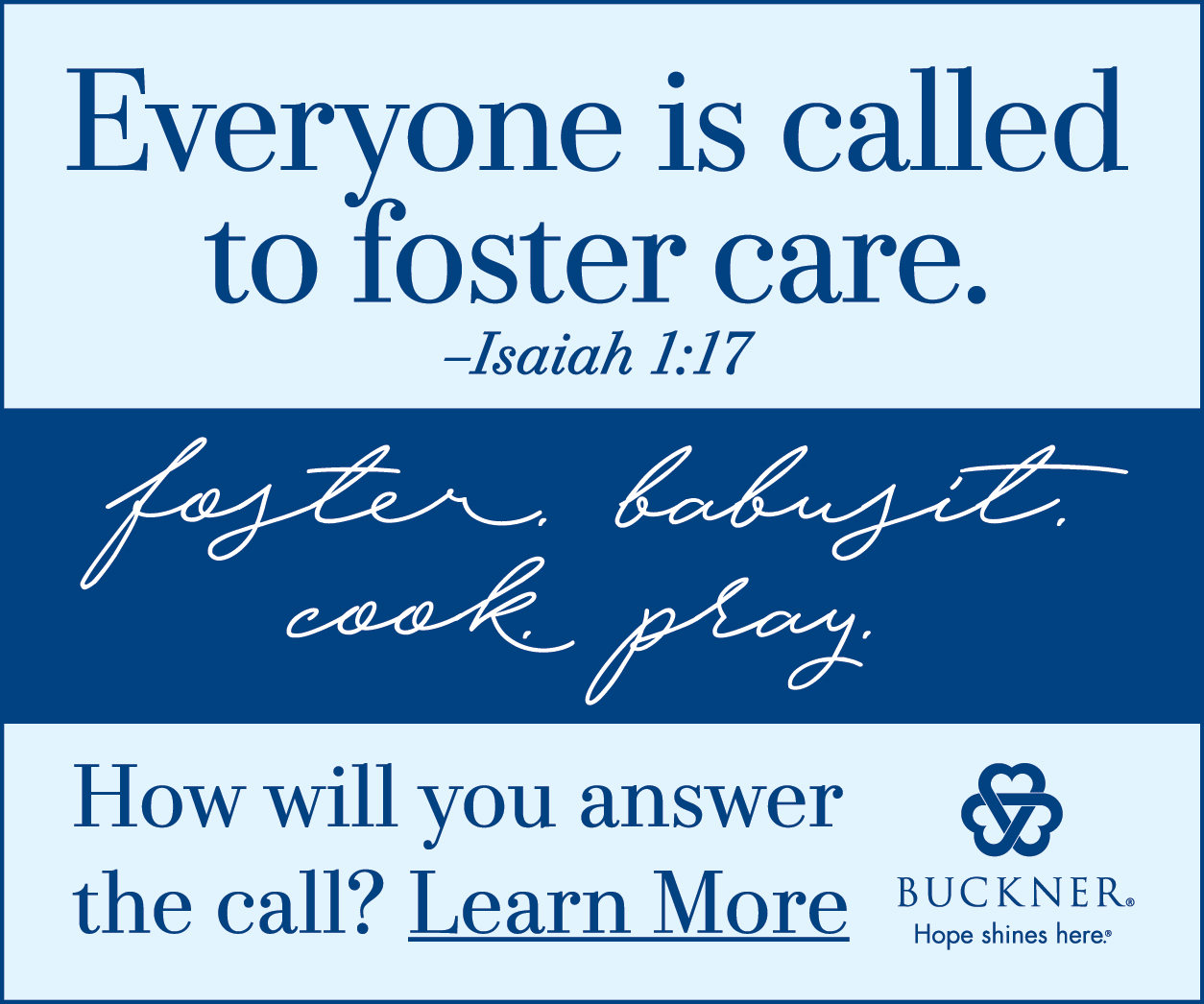Posted: 10/14/05
Relationship-building key
to interfaith witnessing
By George Henson
Staff Writer
CEDAR HILL–Whether a Christian is witnessing to a Muslim, Hindu or postmodernist, the keys to evangelism are relationship-building and prayer, speakers told a group at Mount Lebanon Baptist Encampment.
Dallas Baptist Association sponsored the conference, titled “The Cross, Crescent and Karma: Meet Your New Neighbors.”
Islam is the fastest-growing religion in America, said Abraham Sarkar, director of Gospel for Muslims. He attributes growth in part to a massive missionary campaign to spread Islam throughout America.
Sarkar, also an adjunct professor at Dallas Baptist University, speaks with firsthand experience, because he was sent to the United States to convert Americans to Islam.
Even as a young child, Sarkar woke at 4:30 each morning to say the first of his five daily prayers. At age 13, he began training to become an Islamic leader.
“I was a very devout Muslim at that point. I knew I could die for my religion. I knew I could die for Islam,” he said.
A dream that God had placed him in a lake of fire was the beginning of his change of heart.
As a university student after coming to America, Sarkar read the Bible and came to the point where he put a Bible in one hand and a copy of the Quran in the other and asked God for direction. He accepted Christ as his Savior on April 14, 1992.
His parents disowned him, and his brothers promised to kill him if they saw him.
“The gospel was free to me, but it cost me everything to follow Jesus Christ,” he said.
Sarkar acknowledged his faith journey was not typical.
The key ingredient to reaching Muslims is prayer, because it must be the Holy Spirit who draws them, Sarkar insisted.
Living as a good example also is important, Sarkar said, “because you are the only Jesus some will ever see. Good works mean a lot to Muslims.” Many Muslims, especially those who are foreign-born, believe America is a Christian nation. Based on what is exported is through Hollywood and other media, many Muslims see Christianity as a decadent religion. It is important to show that Christians are moral people, he stressed.
Other important components are to be loving and to share what God has done for you personally.
The opportunity to have a personal relationship with God is a key point to reaching Muslims, he said. While Muslims believe they and Christians worship the same God, their religion offers no personal relationship with God and thus no assurance of salvation, Sarkar said. Passages in the Quran point out that even Mohammed died without assurance of his salvation.
Islam also has no counterpart to the Holy Spirit to give comfort or direction. The concept of a personal God can be attractive to Muslims but only after the development of a relationship and a steady example has won a Christian the right to be heard, Sarkar said.
A professor at a Texas university and former Hindu, who asked that his name not be used, said many of the same things appeal to Hindus, even though Hinduism and Islam have nothing in common.
The important thing is to establish a trusting relationship, he said, but doing that involves getting the opportunity. Being friendly, fair and courteous go a long way toward friendship with Hindu people, he said.
Christians should begin conversations with Hindus by telling how God has worked in their lives, because Hinduism is built on doing things good enough to progress in faith and does not involve a personal relationship at all, he said.
Other key elements to develop the relationship are to learn of the Hindu dietary habits, dress modestly and use a Bible that is not marked or highlighted in any way because that can be taken as a sign of disrespect to a holy book.
Also, be aware that it may be a long process, he said.
“Most Indians do not like deep-fried chicken like we have here, but they like chicken curry. Take time to understand them and present to them Christianity as chicken curry, something they will accept,” the professor said.
Hinduism has no central dogma and is primarily a search for truth through doing good deeds, seeking wisdom and being devoted to God, he explained.
Most Americans are drawn to Hinduism through its health aspects such as yoga, breathing exercises and diet, he added.
The Hindu population is rising dramatically in the United States, he said. Only about 2,000 Hindus lived in the United States in 1964. That number now is about 1.6 million, mostly professionals, he said.
“It is much easier to reach Hindus that are here, rather than in India, where they are insulated,” he said.
The postmodern generation of America is deeply spiritual, but that does not translate into being Christian, said Pastor Jim Denison of Park Cities Baptist Church in Dallas.
Postmodernists have a problem with the concept of absolute truth. “If that works for you, that's fine; just don't try to push it on me. You have no right to tell me what to believe,” is the mindset, he said.
That may be part of the reason why within a three-mile radius of his church, there is a population of 147,000 people, but a survey of churches showed attendance was only 14,000, he commented.
“Yet nearly all of them think they are Christians,” Denison said of those who don't attend church. “They are not Muslim, Hindu or Buddhists, so they must be Christian.”
While that may be the way they think of themselves, they remain without Christ, and churches have to approach them differently if they are going to be reached, he said.
“For me to assume at Park Cities Baptist Church that those people are going to come to Christ because we open the doors Saturday nights and Sundays is a fallacious assumption,” he said.
“In Dallas, we think the church is still in charge, but it is not,” Denison said. About 1.5 million residents of Dallas County have no relationship to Christ he said.
Statistics are far worse in other areas–in Washington, 3 percent of the population are Christian; in New England, approximately 10 percent are Christian.
“American spirituality is tolerance; don't hurt me and I won't hurt you.”
With the absence of absolute truth, postmodernists will tolerate anything but have a deep faith belief in nothing.
“Early on, missionaries to Hindus found they had no problem convincing people Jesus was God. In a culture with 4,000 gods, what's 4,001. That culture is starting to be felt here,” he said.
There needs to be a renewed effort to communicate what Christianity really is about, he said. “It's not a call to try harder to be better, but to let the love of Christ live through you.”
The way to gain inroads with postmodernists is the same as with Hindus and Muslims–“find a way to meet a relevant need.”
Also, walk the talk of Christianity. The mindset should be “I'm going to walk so closely with Jesus that he can work through me,” he said. The testimony of what God is doing in a Christians life also is an important tool to reach postmoderns, Denison said.
“In a postmodern world, people are drawn to stories; that's why people are drawn to reality TV,” he said.















We seek to connect God’s story and God’s people around the world. To learn more about God’s story, click here.
Send comments and feedback to Eric Black, our editor. For comments to be published, please specify “letter to the editor.” Maximum length for publication is 300 words.